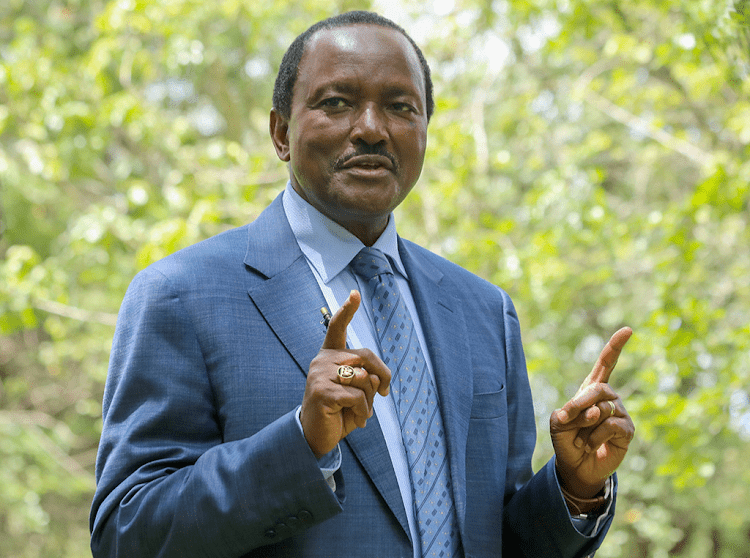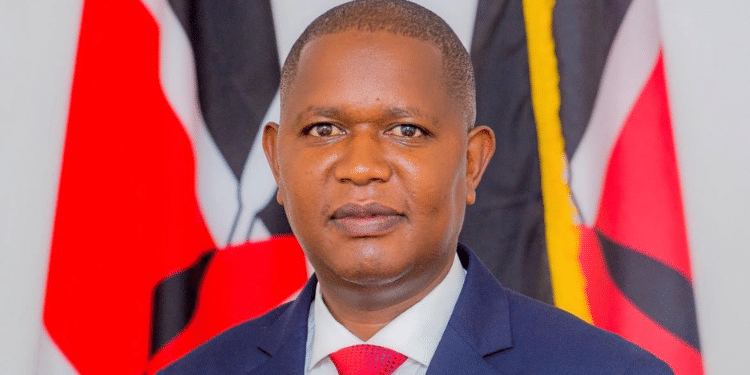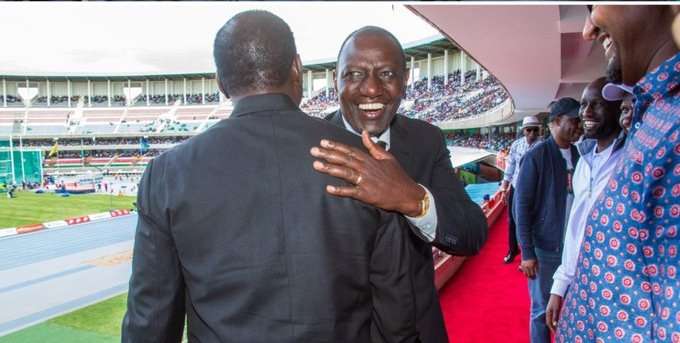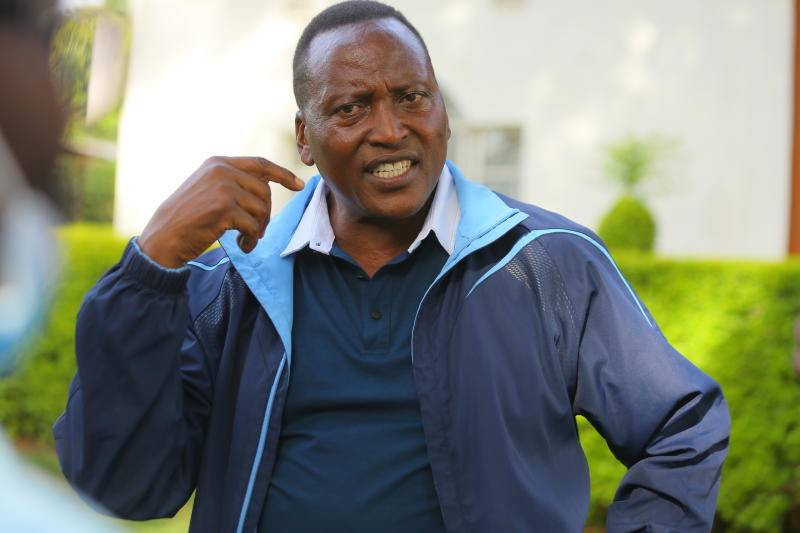Wiper Party leader Kalonzo Musyoka remains a key figure in Kenyan politics, often polarizing opinions. While some critics view him as a political opportunist or a coward, his supporters see a sincere, born-again leader, prepared to capitalize on the political challenges facing former Deputy President Rigathi Gachagua.
Jeremiah Kioni, Secretary General of the Jubilee Party, recently asserted that the Mount Kenya region would rally behind Kalonzo in the 2027 elections, sparking debate over Kalonzo’s ability to pose a serious threat to President William Ruto. Ruto’s allies have been quick to dismiss this, branding Kalonzo as the weakest contender, predicting that Ruto would easily win a second term. Detractors often highlight Kalonzo’s financial limitations, suggesting he will need significant external funding to launch a viable presidential campaign.
During the 2022 elections, the Kenyatta family reportedly invested billions in the Azimio coalition. Speculation is now rife about whether they will extend similar support to Kalonzo in 2027. Some analysts believe Kioni’s statement reflects former President Uhuru Kenyatta’s plans, with rumors suggesting he is quietly rebuilding the Jubilee Party and exploring a strategic alliance between the Mount Kenya and Kamba communities to challenge Ruto.
Leaders from the Gikuyu, Embu, and Meru (GEMA) communities are said to have held grassroots discussions aimed at forming a revived GEMA bloc in collaboration with the Kamba community. Sources suggest that Jubilee’s exit from the Azimio coalition is imminent, with plans underway to form a new political alliance, positioning Kalonzo as the opposition’s preferred presidential candidate.
Mount Kenya’s potential backing of Kalonzo is rooted in his past loyalty, especially his support for the late President Mwai Kibaki during the 2007 election. While this support may strengthen his candidacy, analysts remain skeptical of Kalonzo’s ability to extend his influence beyond his traditional strongholds in Ukambani’s three counties—Machakos, Kitui, and Makueni. The Wiper Party’s leadership and elected representatives are mostly confined to these areas, limiting Kalonzo’s national appeal.
If Raila Odinga were to support William Ruto in 2027, as some have speculated, Ruto’s chances of securing a first-round victory would increase significantly. A Ruto-Raila-Mudavadi coalition could dominate key regions like the Rift Valley, Nyanza, Western, Coast, and Northeastern, providing Ruto with the numbers to decisively defeat Kalonzo.
Although Kalonzo’s regional support may give him a foothold, his path to the presidency is filled with obstacles, especially if Ruto and Raila form a united front. Without a broader national appeal, Kalonzo’s campaign risks being perceived as one driven by tribal interests rather than a comprehensive national vision.





